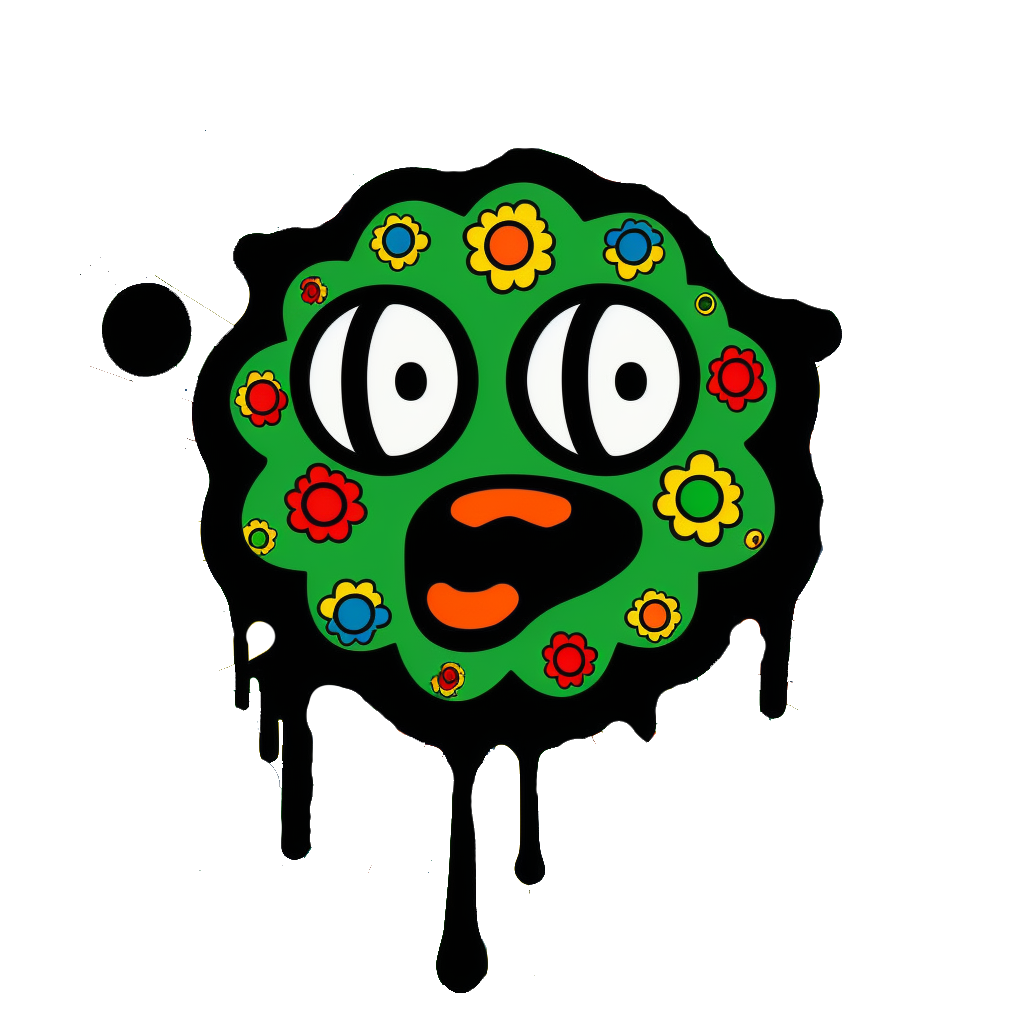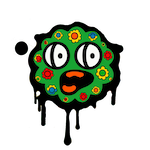Developmental Milestones from Birth to Adulthood

Birth to 1 Year: Physical and Cognitive Foundations
Physical Development begins with basic reflexes and progresses to sitting with support, crawling, and walking with assistance by the first year. Fine motor skills evolve from making fists to holding objects and using hands in coordination.
Neurological and cognitive development focuses on basic sensory experiences such as watching objects and distinguishing tastes. Gradually advances to more complex understanding like problem-solving through trial and error, memory development, and beginning to understand simple words and commands.
- Physical Development: Starts with reflexes, and progresses to sitting with support, crawling, and walking with assistance.
- Fine Motor Skills: Evolves from making fists to holding objects and using hands together.
- Neurological and Cognitive Development: Focuses on sensory experiences, advances to problem-solving, memory development, and understanding simple commands.
1 to 2 Years: Exploring and Learning
Children start walking unaided and engage in more complex play, like putting items in containers or taking lids off boxes. Cognitive abilities improve enabling imitation of behaviour, recognition of familiar pictures, and understanding of objects’ purposes.
- Physical Development: Children begin to walk unaided and engage in complex play, like using containers and lids.
- Cognitive Skills: Improvements in imitation, recognizing familiar images, and understanding the functions of objects.
2 to 3 Years: Refinement of Skills
Physical skills include improved balance, running, and climbing stairs. Fin motor skills advance to stringing beads and manipulating zippers. Cognitively, children start referring to themselves by name, develop a basic understanding of time, and show problem-solving skills.
- Physical Skills: Improved balance, running, climbing stairs.
- Fine Motor Skills: Abilities like stringing beads and using zippers.
- Cognitive Development: Self-identification by name, basic understanding of time, enhanced problem-solving.
3 to 4 Years: Growing Independence
Significant improvements in balance, toilet training, and the ability to use scissors and wash hands. Cognitive and social development includes fear of separation, understanding simple rules, and counting.
- Physical and Motor Skills: Enhanced balance, toilet training, use of scissors, and hand washing.
- Cognitive and Social Development: Includes dealing with separation anxiety, understanding simple rules, and beginning to count.
4 to 5 Years: Preparing for School
Enhanced physical abilities such as balancing on one foot, jumping, and skipping. Children can dress and undress with minimal help and demonstrate an understanding of basic concepts like counting and recognising shapes.
- Physical Abilities: Balancing on one foot, jumping, skipping.
- Cognitive Skills: Dressing with minimal help, understanding basic concepts like counting and shape recognition.
5 to 7 Years: Advanced Coordination
Further development in physical coordination allows for activities like climbing, hopping, and potentially riding a bike. Cognitive skills advance to connecting dots, colouring within lines, and understanding different perspectives.
- Physical Coordination: Enables activities like climbing, hopping, and bike riding.
- Cognitive Skills: Connecting dots, colouring within lines, understanding various perspectives.
8 to 12 Years: Middle Childhood
This period is often referred to as middle childhood. fine and gross motor skills become more refined, allowing for improved coordination in activities such as sports, and musical instruments. Significant growth spurts and the beginning of puberty, lead to changes in body shape and size. Social circles and activities begin to have a significant impact on their emotional well-being.
- Physical Skills: Refined motor skills for sports and musical instruments.
- Developmental Changes: Growth spurts, onset of puberty, emotional impacts from social interactions.
13 to 19 Years: Adolescence
Continued Development: Physically, there is significant improvements in physical coordination and strength. Adolescents may experience growth spurts and puberty-related changes. Cognitively, there are advancements in abstract thinking, problem-solving, and decision-making abilities. There is also a significant expansion in vocabulary and language skills. Socially and emotionally, there is a development of a sense of self, deeper relationships outside the family, and a greater understanding of complex emotions and social norms. Morally and ethically, children begin to understand broader societal rules, develop personal values, and gain a deeper understanding of right and wrong.
- Physical Development: Marked improvements in coordination and strength, puberty changes.
- Cognitive Abilities: Advanced abstract thinking, problem-solving, and decision-making.
- Social and Emotional Development: Formation of identity, deeper relationships outside the family, complex emotional and social understanding.
- Moral and Ethical Awareness: Developing personal values, understanding societal rules, and deeper concepts of right and wrong.





